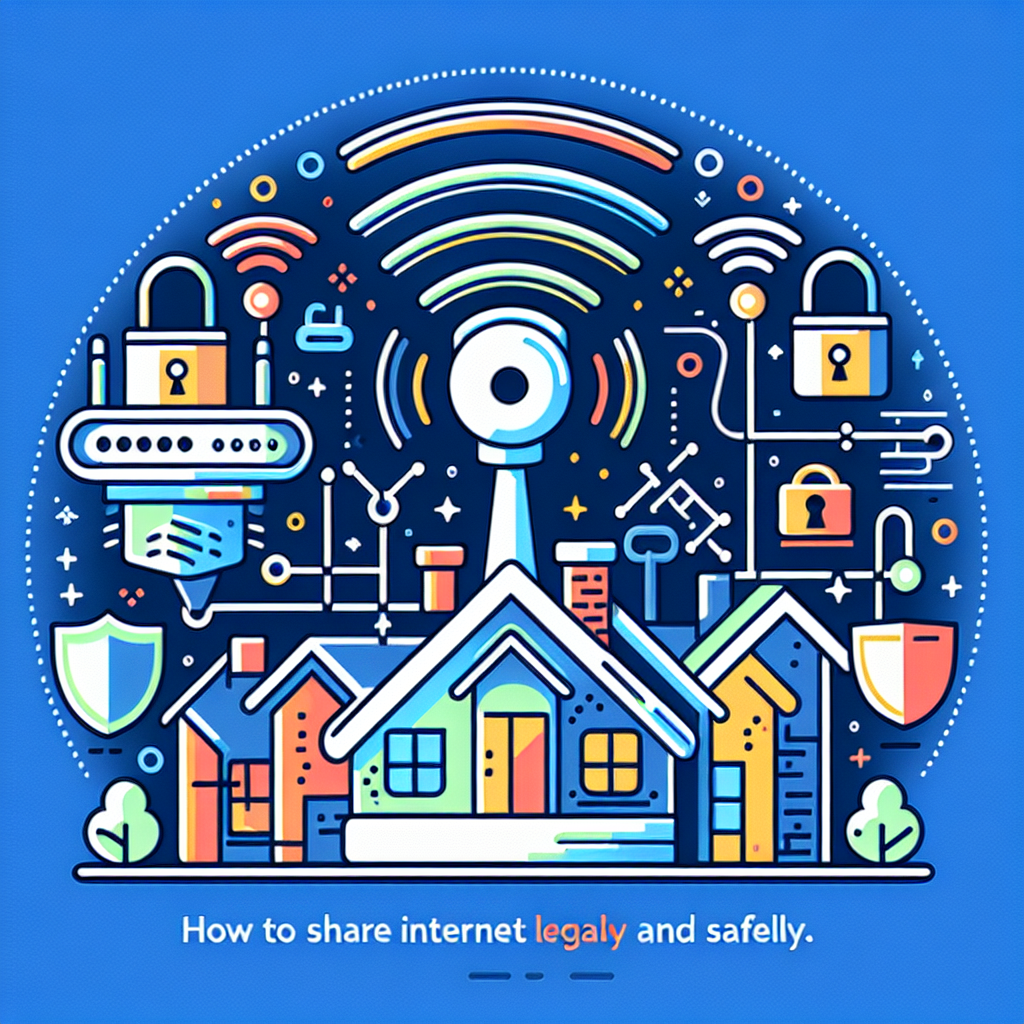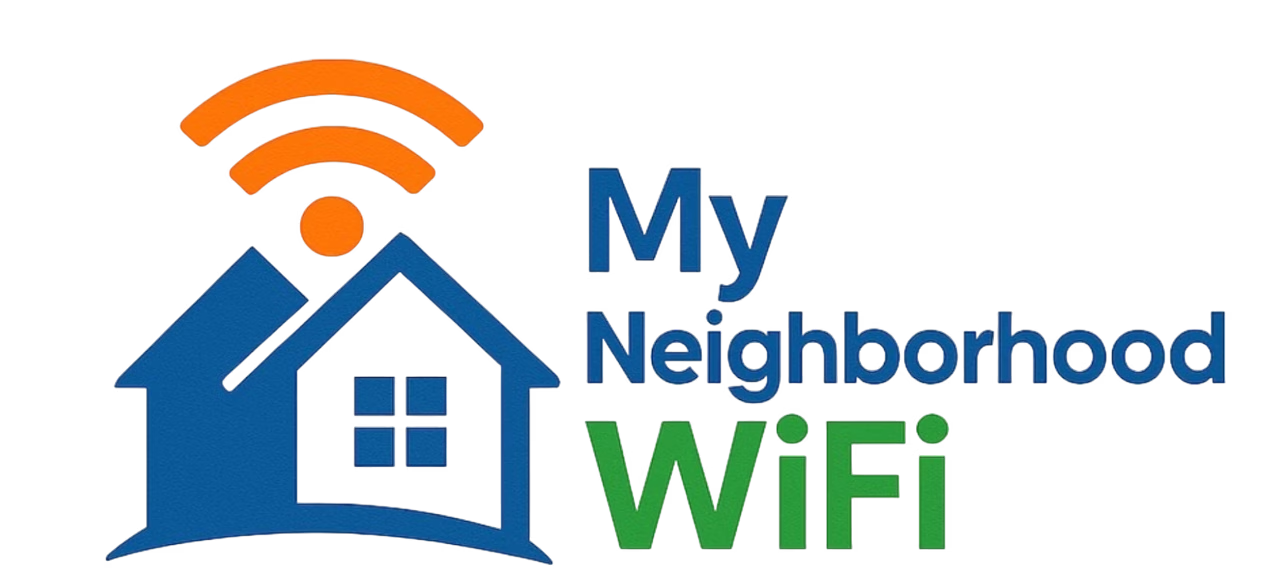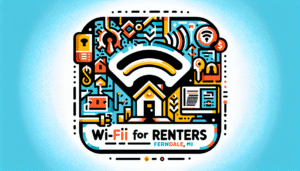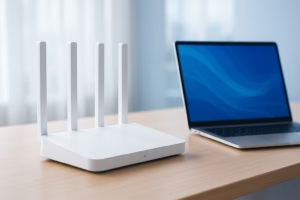
In many neighborhoods, people have wondered how to share internet with neighbors legally and safely. After all, Wi-Fi signals don’t stop at your walls, and the idea of splitting costs to help everyone save money sounds appealing. But before you hand out your password, there are important legal, technical, and security factors to consider. This guide will walk you through everything you need to know so you can make the right decision for your community.
Why Share Internet with Neighbors?
There are a few reasons people consider sharing internet with their neighbors:
- Cost savings – Splitting a plan can reduce expenses.
- Convenience – Smaller apartments or multi-family homes often have overlapping signals, making sharing easy.
- Community building – Sharing internet can encourage a more connected neighborhood.
Legal Considerations
Before you set up shared internet access, it’s important to know what’s legal. Many Internet Service Provider (ISP) contracts explicitly state that service is for use within your household only. Sharing with neighbors outside of your home could potentially violate your service agreement. That’s why the first step is to:
- Check your ISP agreement – Look at the Terms of Service.
- Ask your provider directly – Call or chat with customer support to verify what’s allowed.
- Look up local laws – In some areas, sharing an internet connection can have specific guidelines. You can browse discussions on platforms like Reddit or Quora where users share their experiences.
Some ISPs may even offer community Wi-Fi options, so always explore those legal pathways first before creating a shared setup.
Risks of Sharing Internet
If you’re considering sharing, these are the key risks you must address:
- Bandwidth strain – More devices mean slower speeds.
- Security concerns – Anything your neighbor downloads could be traced back to your IP address.
- Data privacy – Without limits, others on the network might see your traffic if the network isn’t properly configured.
How to Share Internet Safely
1. Use a Separate Guest Network
Most modern routers allow you to create a guest Wi-Fi network. This separates your personal devices from others, reducing the risk of data snooping. Some routers even allow you to limit bandwidth on the guest channel.
2. Add a Second Router
If your router doesn’t support guest networks, you can add a second router specifically for your neighbor’s use. This creates two distinct sub-networks, preventing interference with your own devices.
3. Set Bandwidth Limits
Quality of Service (QoS) settings allow you to control how much bandwidth each person gets. This way, your Netflix stream won’t suffer if your neighbor is downloading large files.
4. Always Use a Strong Password
Never share your primary Wi-Fi password openly. Use WPA3 or at least WPA2 encryption, and create a unique, hard-to-guess passphrase. A password manager can help keep things secure.
5. Monitor Network Usage
Some routers have mobile apps that let you monitor who’s connected and how much data they’re using. This helps hold neighbors accountable for responsible usage.
Tips for Managing a Shared Internet Agreement
Sharing internet isn’t just about connectivity—it’s also about managing expectations. Here are some practical tips:
- Decide on cost-sharing – Who pays what percentage?
- Set ground rules – Agree on acceptable use (e.g., no illegal downloads).
- Document the arrangement – Even a simple signed note avoids misunderstandings.
Best Equipment for Sharing Wi-Fi
If you’re going to make this work, upgrading your network may be the best approach:
- Mesh Wi-Fi systems – Provide seamless coverage across shared buildings.
- Routers with guest networks – Useful for keeping things separated.
- Powerline adapters – Extend Wi-Fi through electrical outlets if signals don’t reach your neighbor’s unit.
Common Problems and Solutions
Even with the best setup, issues will arise. Here’s how to handle them:
| Problem | Solution |
|---|---|
| Slow Speeds | Upgrade plan or limit guest usage through router settings. |
| Neighbor Downloading Illegally | Monitor usage and enforce rules; suspend their access if needed. |
| Wi-Fi Signal Weak | Use mesh or signal extenders to boost coverage. |
| Security Concerns | Separate networks, upgraded encryption, and strong passwords. |
Alternatives to Sharing Internet
If sharing doesn’t seem worth the hassle, there are alternatives:
- Community Wi-Fi initiatives – Some neighborhoods set up open-access systems together.
- Public library or café networks – Reliable for quick browsing.
- Mobile hotspots – Handy for occasional needs without sharing your main line.
Final Thoughts
Learning how to share internet with neighbors legally and safely comes down to respecting rules, safeguarding your security, and maintaining clear communication. If you set up proper boundaries and use the right equipment, it can be a money-saving and community-building choice. But remember—never risk your own privacy or legal security in the process. A thoughtful approach is what makes neighborly internet sharing work for everyone.
“Most inquiries are answered within the same day”
Written by admin
Content writer and tech enthusiast sharing insights on internet connectivity.



